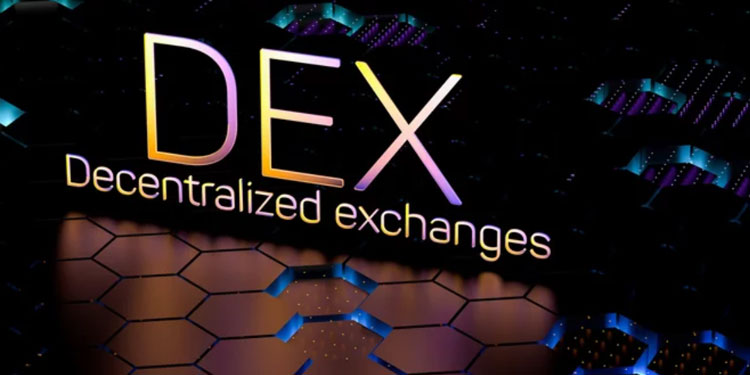Decentralized exchanges (DEXs) have emerged as a popular alternative to centralized exchanges in the world of cryptocurrency trading. DEXs are built on decentralized networks and offer users more control over their assets, lower fees, and a higher level of privacy. However, like any other technology, DEXs come with their own set of risks. Here’s where you may get additional information about Decentralized Exchanges: Bitcoin Profit. In this article, we will explore the potential risks associated with DEXs and ways to mitigate them.
Understanding the Risks of DEXs
Smart Contract Risk
DEXs are built on smart contracts that execute trades automatically. These smart contracts are open source and transparent, meaning anyone can review and audit them. However, this also means that there is always a risk that the smart contract may contain bugs or vulnerabilities that could be exploited by hackers. In the past, some DEXs have fallen victim to smart contract exploits, resulting in significant financial losses for users.
Liquidity Risk
One of the challenges of DEXs is the lack of liquidity, which is the number of assets available for trading. Unlike centralized exchanges, which have a large pool of liquidity, DEXs have a limited amount of liquidity that may fluctuate rapidly. This can lead to price slippage, where the price of an asset can be significantly different from the expected price, resulting in financial losses for traders.
Regulatory Risk
DEXs operate in a regulatory gray area, as they are built on decentralized networks that are difficult to regulate. As a result, there is always a risk that regulators may crack down on DEXs, which could result in the closure of the exchange or the loss of funds for users.
User Error Risk
DEXs offer users more control over their assets, which means they are responsible for their security. Users must ensure that they have securely stored their private keys and passwords, or risk losing their assets. Additionally, users must carefully review each trade they make to avoid making costly mistakes.
Mitigating the Risks of DEXs
Research the DEX
Before using a DEX, it is important to research the exchange thoroughly. Look for reviews and ratings from other users, as well as any news or reports of hacks or exploits. Additionally, review the smart contract code to check for any vulnerabilities or bugs.
Use a Trustworthy Wallet
Users should always use a trustworthy wallet to store their assets. Avoid using wallets that are not recommended by the DEX, as they may not be compatible with the exchange or could be vulnerable to hacking.
Diversify Your Portfolio
Diversifying your portfolio can help mitigate the risk of price slippage. Instead of investing in a single asset, consider investing in multiple assets to spread your risk.
Use Limit Orders
Limit orders can help prevent price slippage by setting a maximum or minimum price for a trade. This can help ensure that you get the best price for your assets.
Practice Good Security Habits
Users should practice good security habits, such as using strong passwords, enabling two-factor authentication, and regularly backing up their wallets. Additionally, users should avoid sharing their private keys or passwords with anyone and should only access their wallets from a trusted device.
Diversify Your Portfolio
Diversifying your portfolio can help mitigate the risk of price slippage. Instead of investing in a single asset, consider investing in multiple assets to spread your risk. Use performance reporting software to keep track of different investments, even if they belong to different asset types.
Conclusion
DEXs offer a promising alternative to centralized exchanges, but like any technology, they come with their own set of risks. Smart contract risk, liquidity risk, regulatory risk, and user error risk are all potential threats that users should be aware of.
However, by researching the DEX, using a trustworthy wallet, diversifying your portfolio, using limit orders, and practicing good security habits, you can help mitigate these risks and make the most of your trading experience. It is important to be proactive and take steps to protect your assets and minimize your risk exposure.
By staying informed, following best practices, and using reputable services, you can safely and securely participate in the world of decentralized exchange trading. With these precautions in mind, DEXs can offer users a greater level of control, privacy, and financial freedom. As always, it is important to exercise caution and due diligence when investing in any new technology or asset class and to never invest more than you can afford to lose.


















